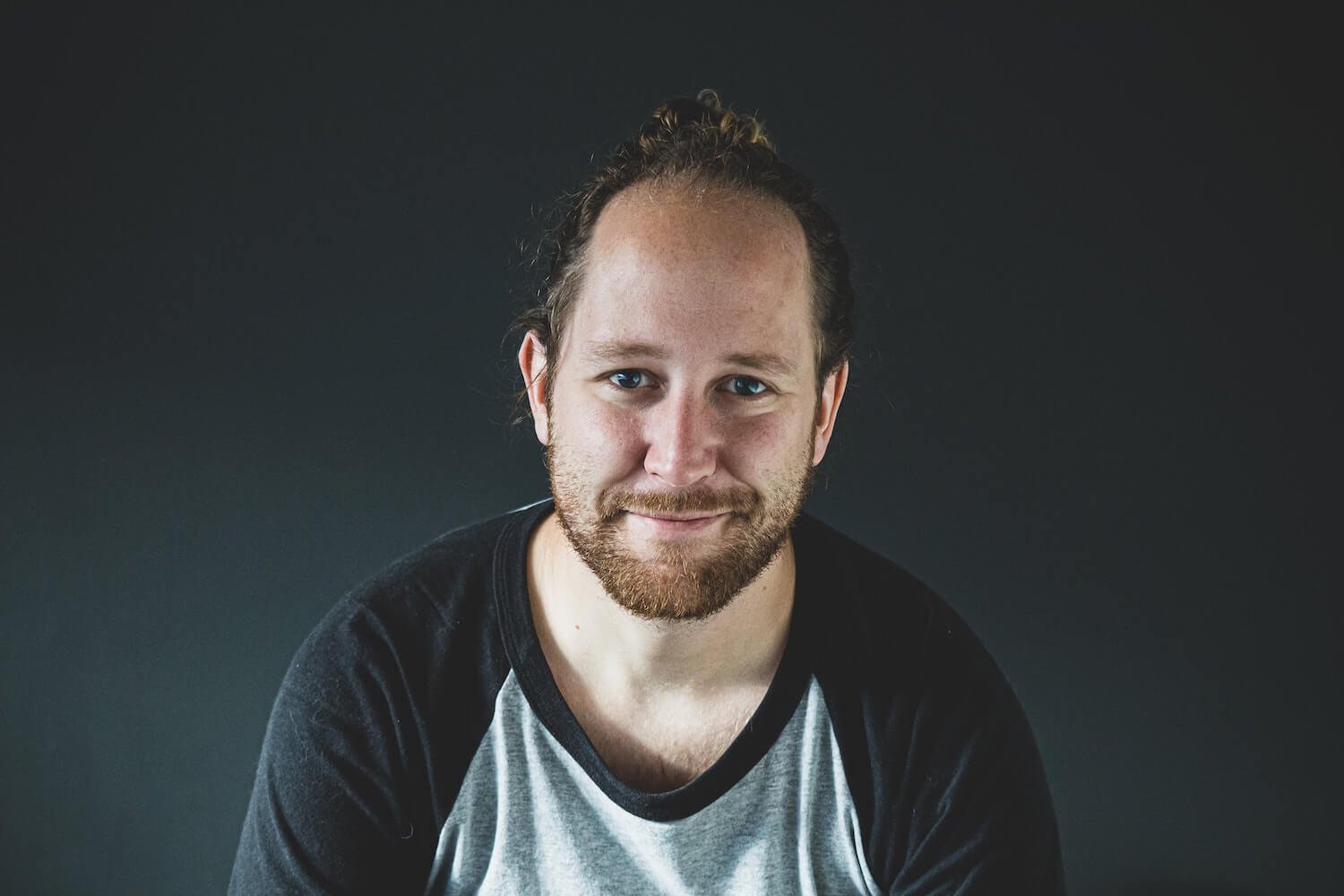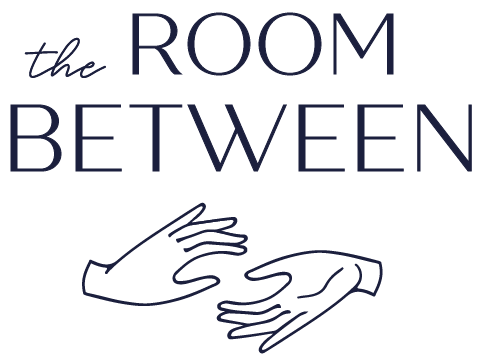We are all a unique mix of experiences and preferences
Our style
Maintaining a feeling of comfort and safety is really important to get the outcome you want from therapy. That’s why we’ll be guided by you and will never push you to talk about more than you’re comfortable with.
Our models of therapy
After understanding a little about why you’re looking for therapy and what you’re hoping to get from it, we’ll create a clear plan for how we’ll work together and what we’re working towards.
Here are just a few of the approaches we may use:

Systemic Therapy

Cognitive Behavioural Therapy (CBT)

Eye movement desensitisation and reprocessing (EMDR)
EMDR uses eye movements or tapping to help process distressing memories. Focusing on difficult events both past and present, EMDR can help process this distress and develop new ways of coping with future experiences.

Internal Family Systems (IFS)
Internal family systems (IFS) seeks to help develop an understanding of your internal world/system and to help it heal. It is an evidence based way of working that is based on the idea that we are made of multiple parts and that we need to build relationships with our parts and understand them in context and with compassion. This in turn can impact our external relationships when we are acting from a place of greater self compassion, worth and curiosity. We might act more in-line with our values and in ways that are more responsive than reactive.

Psychodynamic Psychotherapy

Emotionally focused therapy (EFT)

